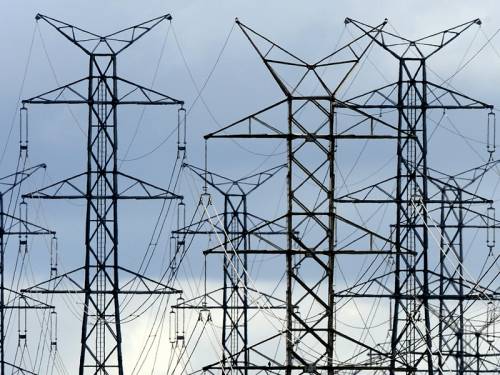A fund was launched to finance power production projects using thermal energy underground in countries of East Africa with a capital of $140m, according to the Africa-EU Commissioner for Energy and Infrastructure Elham Ibrahim.
Ibrahim explained that the fund’s capital consists of contributions from member countries, including some EU countries, worth $30m. Germany’s contributions are worth $20m, and England’s £47m.
She added that the fund finances a portion of the projects’ costs by a percentage ranging from 40% to 80%. Aspects of contribution include carrying out geological studies and the drilling of the first two exploratory wells. The costs of this phase are usually high.
The fund also allocates part of its finances to encouraging investors.
Ibrahim went on to explain that the fund provided Kenya, Ethiopia, and Comoros with finances to implement thermal energy projects. Contracts will be signed with Rwanda and Djibouti during the upcoming months in order to begin new power projects there.
Egypt can benefit from the European Union in terms of increasing the productive capacities of its electrical network, however, it will not be able to obtain monetary grants at the moment as it is not a member country, Ibrahim said.
She said that power distribution companies in most African countries suffer losses of 20% to 50% due to electricity theft, and about 600 million citizens in Africa are living without access to electricity.
There are many challenges ahead for the provision of electricity for reasonable prices in Africa; however, energy development will lead to economic development on the continent, according to Ibrahim.
“We aim to deliver electricity to about 800 million citizens by 2040,” Ibrahim said.
She explained that the Africa-EU commission aims to allocate funding for member countries in order to improve their situation and expand the production of energy in Africa. The commission’s support will result in the success of all projects and investments in the continent until 2040.
“Smart-networks programmes must be adopted in all African countries as soon as possible,” she added.
The 2063 plans of Africa-EU commission focus on investments in modern infrastructure, including roads, railways, sea ports, communication and information technology, and airports. They aim to speed up the pace of trade, and industrial integration and growth among African countries.
Ibrahim revealed that large infrastructure projects are underway in the 2063 agenda.
“Major projects will be financed, like highways between countries, in addition to optical fibre cables, ports, and railways,” she said.
Construction of regional transport corridors in central and western Africa will be completed within the next three years. There are ongoing discussions with the Chinese government to enhance cooperation in the field of developing the infrastructure and energy.




